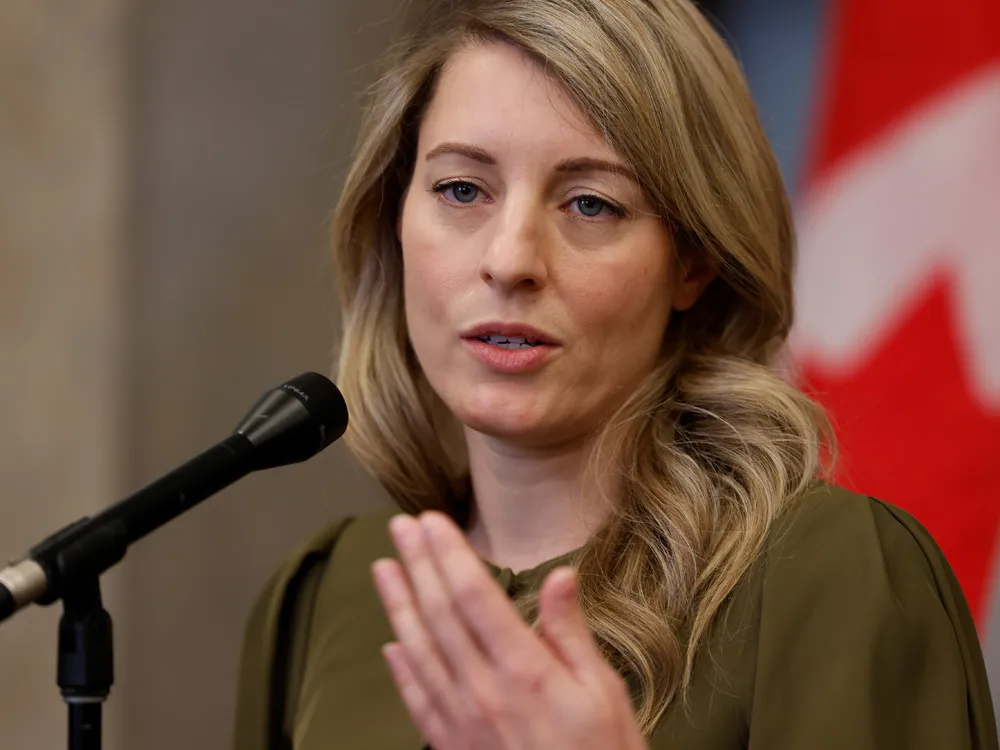Ottawa, Canada, October 21: In a recent escalation of diplomatic tensions between Canada and India, the Canadian government has taken the step of recalling 41 diplomats from India. This action stems from a dispute following Canadian Prime Minister Trudeau’s claims that India was involved in the assassination of a Khalistani extremist on Canadian soil.
Canadian Foreign Affairs Minister Melanie Joly formally explained the reasons behind the diplomatic withdrawal.
It was revealed that the Indian government’s decision to remove diplomatic immunity from 41 Canadian diplomats and their family members led to Canada’s withdrawal of the remaining diplomats.
Ms. Joly emphasized, “We have ensured the safe departure of our diplomats and their families from India.”
At the heart of this discord lies the recent public allegations made by Canadian Prime Minister Justin Trudeau, linking Indian intelligence agencies to the assassination of Khalistani extremist Hardeep Singh Nijjar.
However, these allegations have been “categorically” denied by the Indian authorities on multiple occasions.
Hardeep Singh Nijjar, an advocate for a separate Sikh state independent from India, was “Wanted” by Indian authorities for his alleged involvement in acts of terrorism and conspiracy to commit murder.
Canada’s Foreign Affairs Minister, Melanie Joly says India’s “unusual” decision goes against international norms.
Nevertheless, Canada claims to take a calm approach to the situation and is not responding with retaliatory actions to reduce tensions. Foreign Affairs Minister Melanie Joly emphasized Canada’s commitment to international law and said, “We will keep promoting international law for all countries and maintain diplomatic talks with India.”
She stressed the importance of keeping diplomatic communication open during these uncertain times.
The Indian government has responded to Canada’s allegations by suspending visa services for Canadians and has dismissed the claims as “absurd”.
Indian External Affairs Minister S. Jaishankar expressed willingness to examine any evidence provided by Canada but emphasized India’s concerns about organized crime syndicates and Sikh separatist and extremist elements operating from within Canada.
He also highlighted the threats faced by Indian diplomatic personnel, attacks on Indian consulates, and unwarranted interventions in Indian domestic affairs.
India has issued advisories to its nationals about reconsidering travel to certain regions in Canada due to increased anti-Indian activities, and as a response, they’ve temporarily suspended processing visa applications from Canadian applicants.
The assassination of Hardeep Singh Nijjar, a Canadian citizen with a Sikh background, near Vancouver, has added complexity to this issue. Canada is home to a significant Sikh population, some of whom advocate for an autonomous Khalistan state.
However, it’s essential to note that the Sikh separatist movement in India has significantly diminished, mainly due to security actions taken during the 1980s in Punjab.
The escalating tensions between Ottawa and New Delhi present a complex diplomatic situation, not only for the two nations but also for the United States. This development comes at a time when the United States is actively seeking a closer relationship with India to counter Chinese influence in the Indo-Pacific region.






